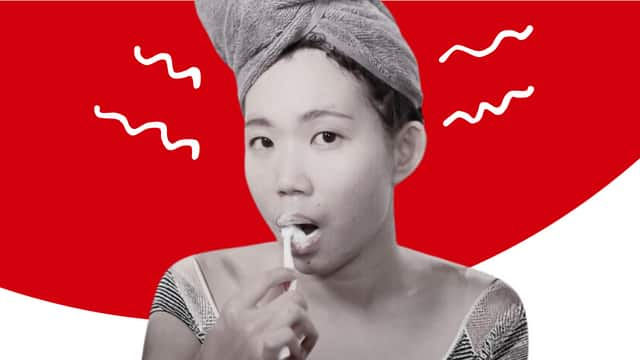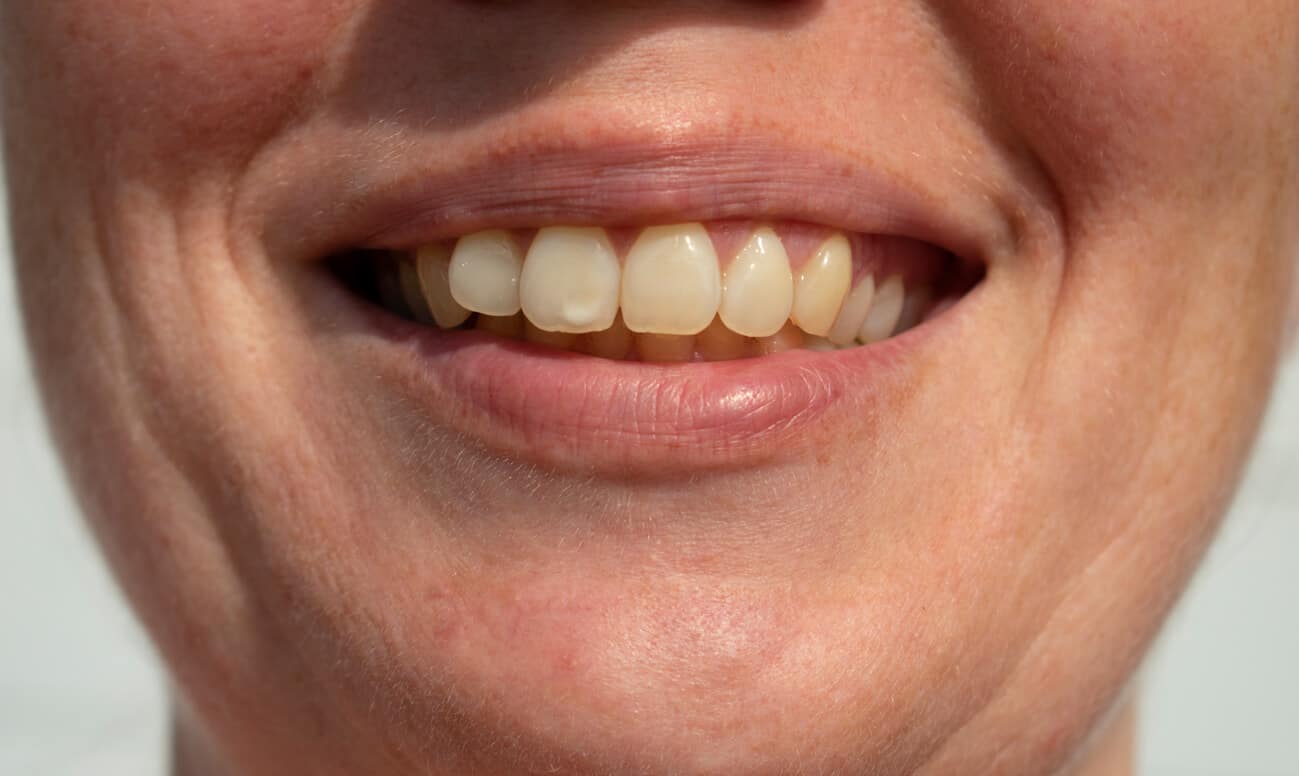-
-

ADULT ORTHODONTICS
Should You Use Mouthwash Before or After Brushing?Brushing and flossing are the foundation of a good oral hygiene routine, but mouthwash can also be a useful addition...

SELECTING DENTAL PRODUCTS
Soft Vs. Hard Toothbrush: Which One Should You Use?The toothbrush has come a long way. As the American Dental Association (ADA) notes...
-
Science & Innovation
- Oral Health and Dental Care | Colgate®
- Oral Health
- Is Your Toothache Caused by a Toothworm?


Understanding Dentin Tubules
Upon close inspection with a microscope, the diseased tubes within the dentin layer of teeth might seem worm-like. These are the dentin tubules. Their role is pivotal as they transmit sensations like heat or cold from the tooth's surface to the nerve. While they may resemble worms, their function is entirely different. When exposed, these tubules can cause pain and discomfort, but they are not the culprits behind tooth decay.
Unmasking Dental Disease
If it's not mythical worms causing your dental woes, what is? The real antagonist in this story is often the bacteria-rich plaque. This accumulation on the teeth leads to dental problems like tooth decay, cavities, and even gum diseases such as gingivitis. Chronic periodontitis, for instance, is a prevalent concern among school-aged children, as per the Department of Health.
Effective Remedies for Dental Caries
Rest assured, no imaginary worm is behind your toothache. However, there are professional treatments available to alleviate pain and restore dental health. Your dentist might:
- Clean and fill the affected tooth.
- Apply a pulp capping to save the dental pulp from dying when exposed.
- Opt for a root canal if the nerve is compromised.
- In severe cases, consider tooth extraction, followed by a dental implant or bridge.
Keys to a Healthy Mouth
While you don’t need to worry about a worm — you do need to work at keeping your mouth healthy and clean. How? There are a few simple ways. You should:
- Brush your teeth twice daily. For optimal results, consider using the Colgate Max White Charcoal Toothbrush in combination with Colgate Maximum Cavity Protection Great Regular Flavour Toothpaste.
- Make flossing a daily routine.
- Use an antibacterial mouthwash regularly. Enhance your oral hygiene with Colgate Plax Freshmint Mouthwash.
- Schedule bi-annual dental check-ups.
- Address dental issues promptly.
Related Articles


Incipient caries are the beginning stages of a cavity. Find out more about incipient caries and how you can stop them in their tracks and avoid the drill.

The main culprit in tooth decay disease is acid. When food is frequently left on your teeth, bacteria that lives in the mouth wi...
Related Products

Helping dental professionals
More professionals across the world trust Colgate. Find resources, products, and information to give your patients a healthier future








